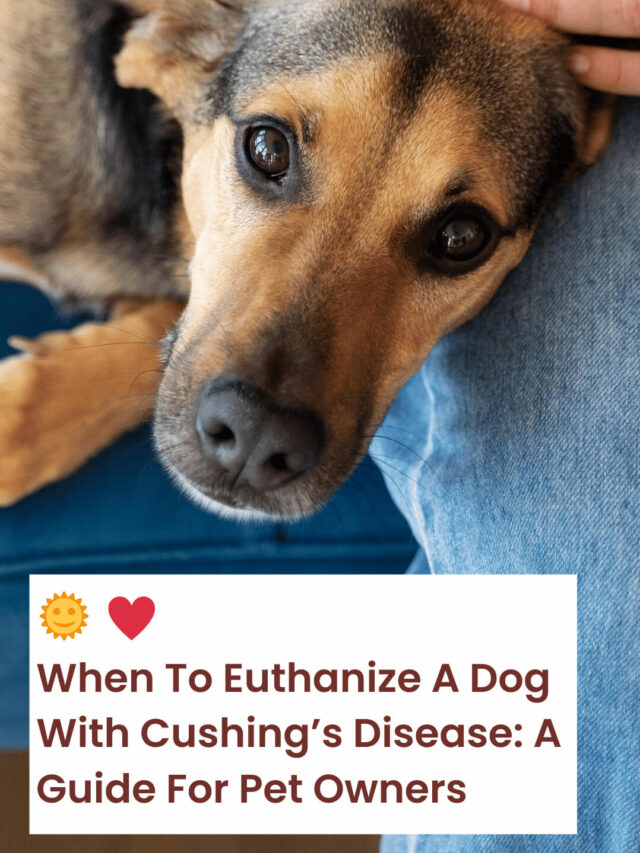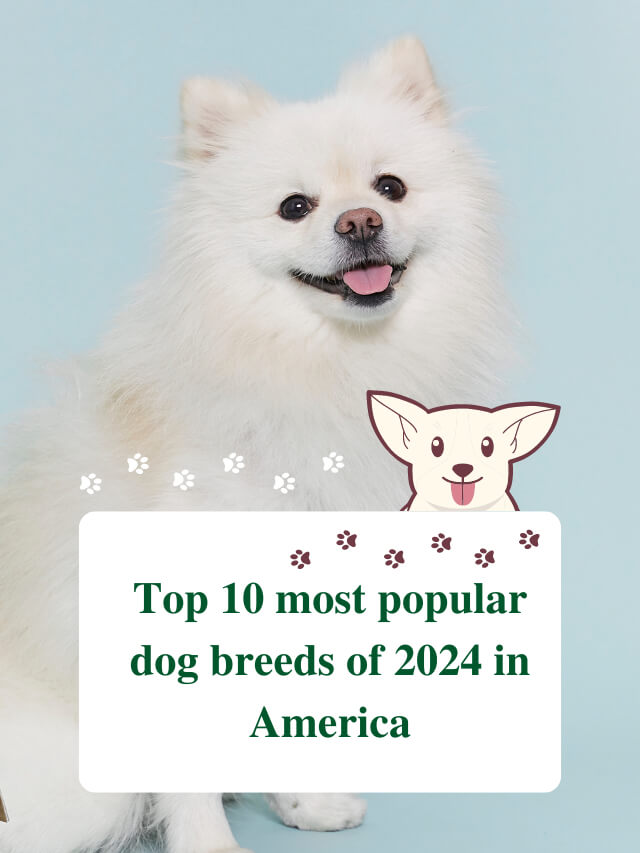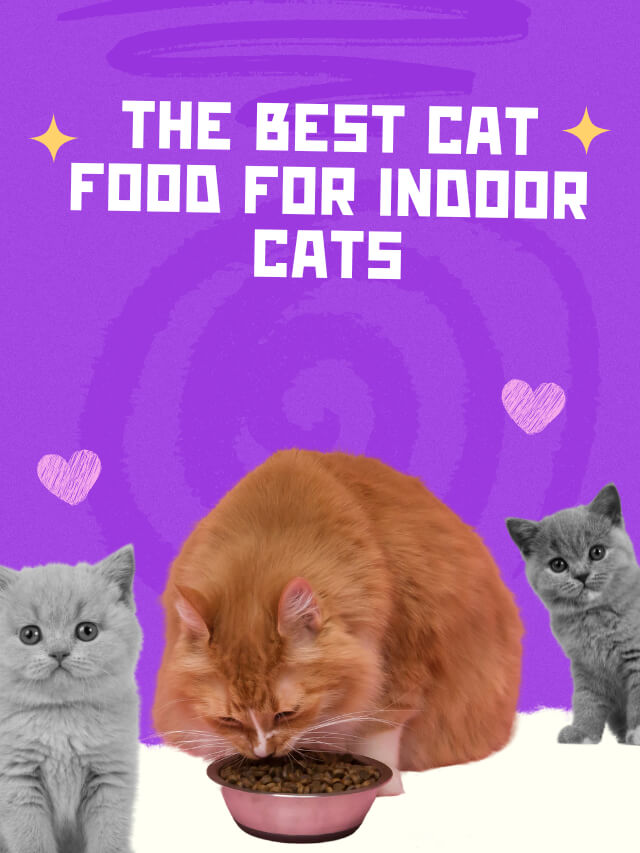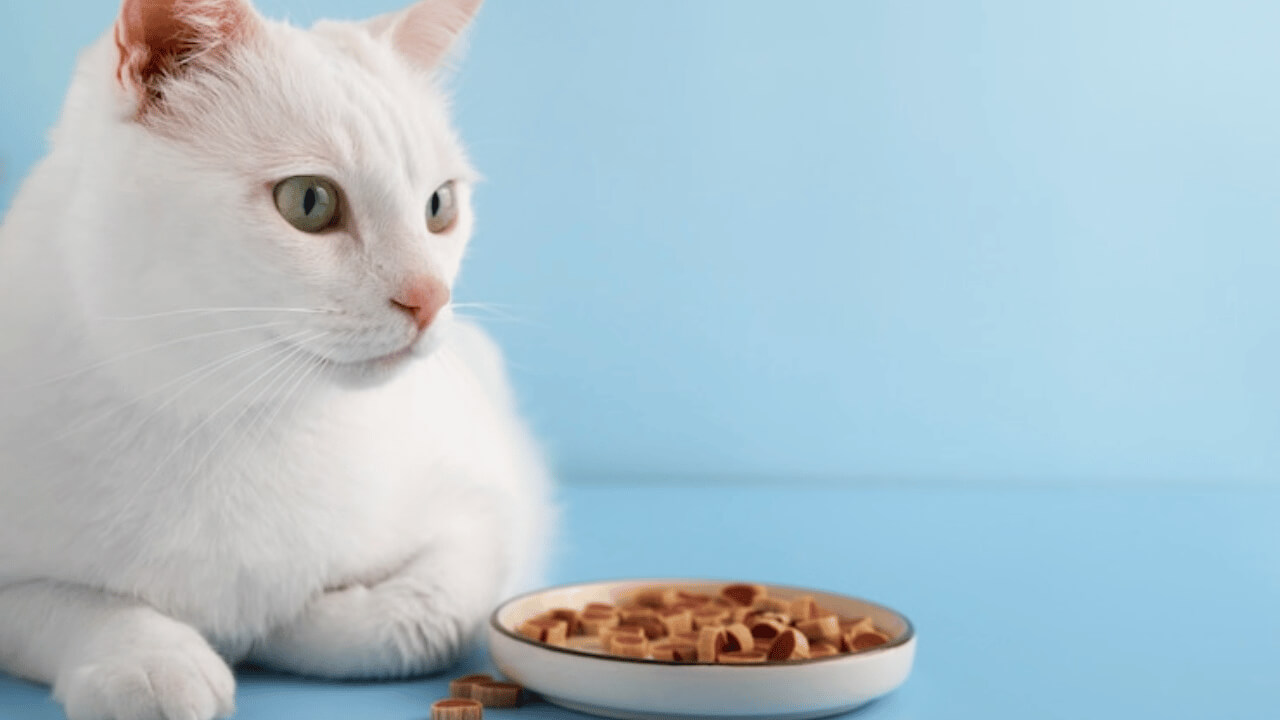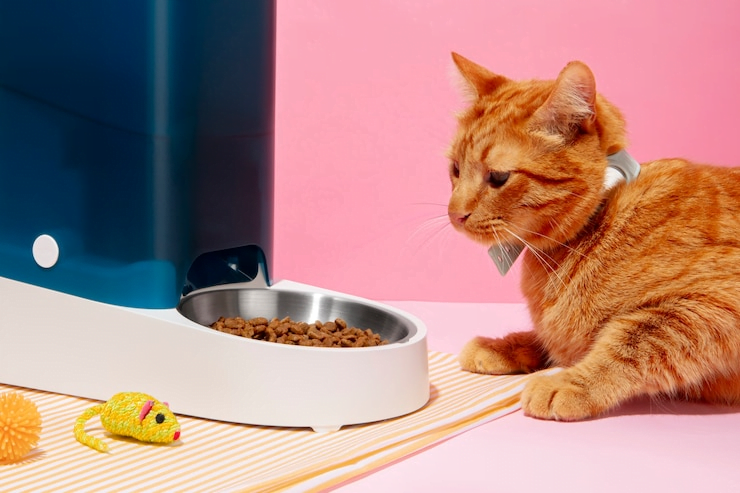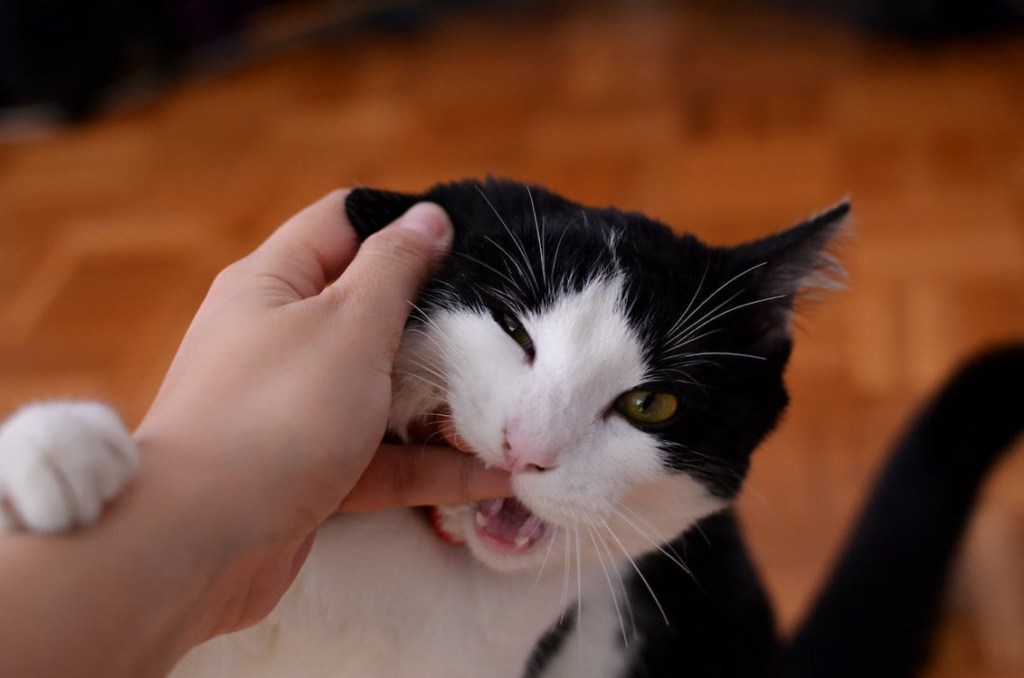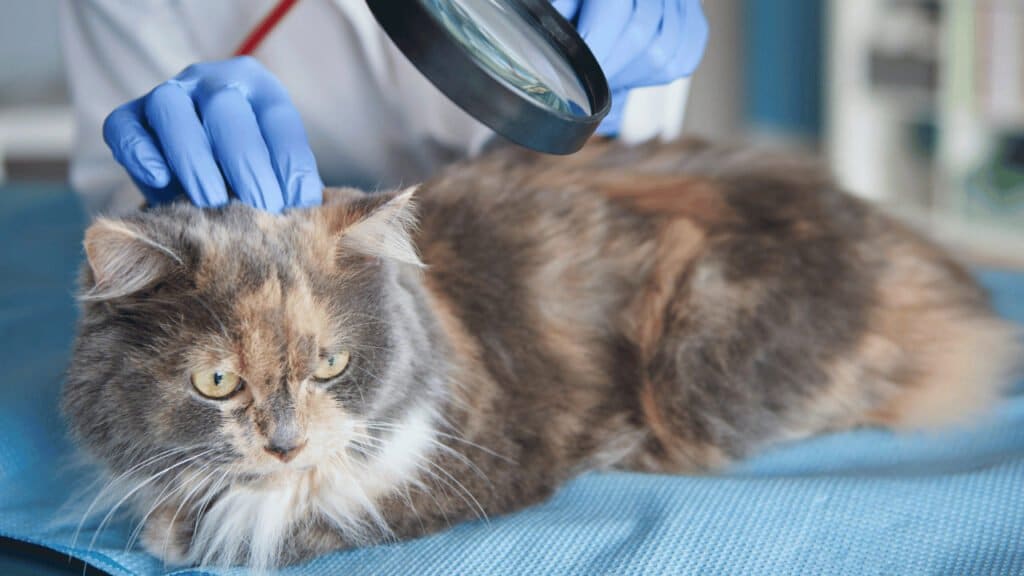Has your Cat Drinking a Lot of Water and Meowing more than usual? This behavior can be alarming for many pet owners, especially if it seems out of character. Cats are known for their mysterious nature; any noticeable change in their habits can signify something is amiss. This post aims to unravel the complexities behind your feline’s increased thirst and vocalization, helping you understand whether it’s a cause for concern.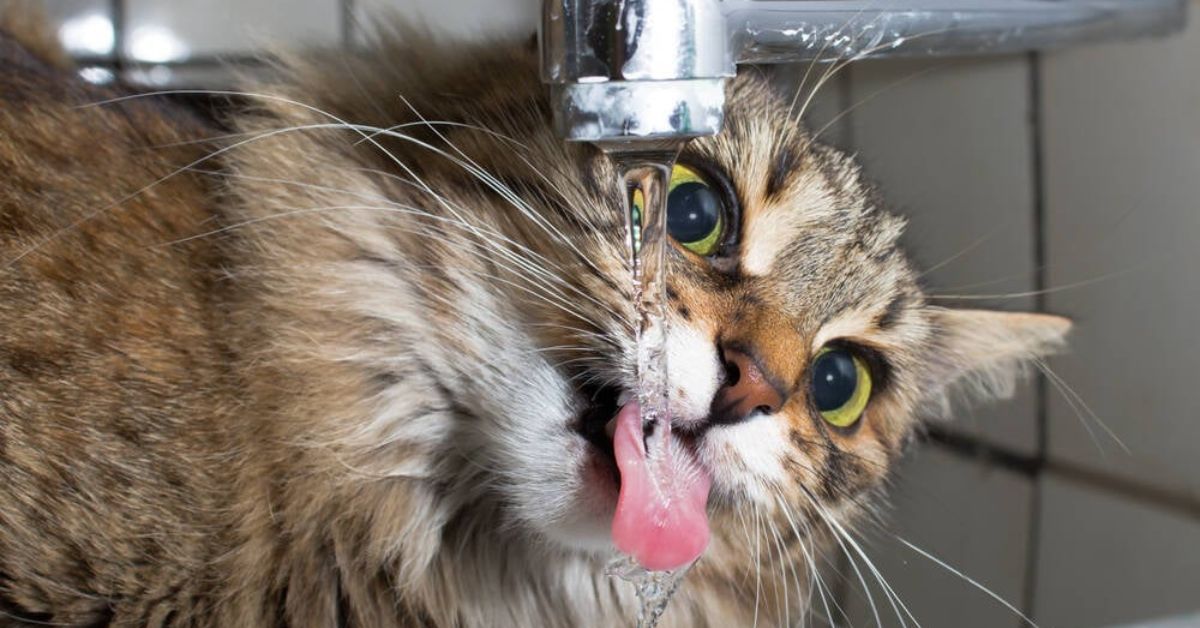
In the following sections, we’ll explore cats’ standard drinking patterns, discuss how much water they should ideally consume, and identify potential health issues that could be causing these changes. We’ll also provide practical tips on monitoring and managing your cat’s water intake and offer guidance on when to seek veterinary advice.
How Much Water Should a Cat Drink a Day?
Your cat’s average water consumption is essential for recognizing any deviations. Typically, a cat should drink about 3.5 to 4.5 ounces of water per 5 pounds of body weight daily, but this amount can vary depending on diet, climate, and activity level.
For example, cats that primarily eat dry food need to drink more water than those on a wet food diet. Wet cat food contains about 70-80% water, which naturally contributes to their hydration. On the other hand, dry kibble only contains about 10% water, necessitating additional drinking to meet their hydration needs.
The exact amount of water a cat needs depends on several factors. Still, a healthy range is generally around 50-60 milliliters (ml) per kilogram (kg) of body weight per day. This translates to roughly 1 cup of water for a 10-pound cat. However, feeding your cat wet food factors in, as it has a higher moisture content than dry food. Therefore, cats on damp food may drink less.
It’s more important to monitor their overall water consumption and watch for signs of excessive thirst, which can indicate underlying medical conditions. If you’re ever concerned about your cat’s water intake, consult a licensed veterinarian for personalized advice.
Should I Worry About My Cat Drinking a Lot of Water?
While some increase in water intake can be expected, Cat Drinking a Lot of Water and Meowing, particularly during hot weather or after vigorous play, excessive drinking may indicate underlying health issues. Polydipsia, the medical term for excessive drinking, can be a symptom of several severe conditions.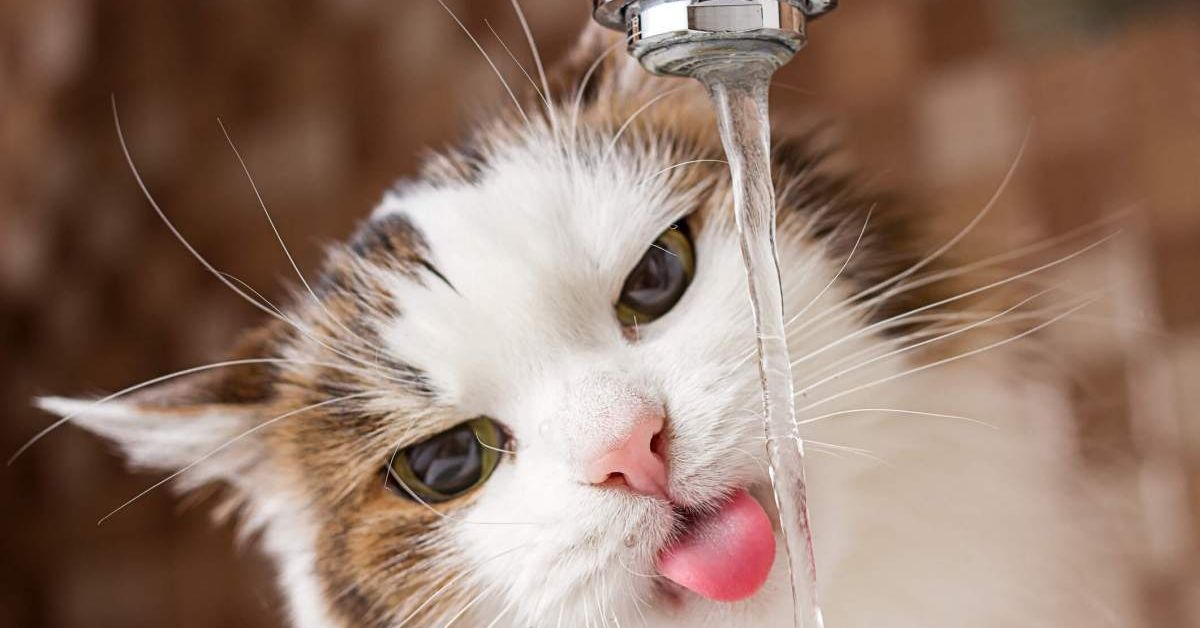
If you notice your cat frequently visiting the water bowl and meowing persistently, monitoring this behavior closely is essential. Also, look for other symptoms, such as weight loss, changes in appetite, or lethargy, which could signal a more significant health problem.
While cats aren’t known for being big drinkers, a sudden increase in water intake (excessive thirst) can cause concern. It could be a simple switch to dry food, which has less moisture than wet food. However, excessive drinking can also signal underlying health problems like kidney disease or diabetes.
These conditions often cause weight loss and changes in litter box usage. If you notice your cat drinking more than usual, along with other signs, consult a veterinarian. Early diagnosis and treatment can significantly improve your cat’s health.
How Much Water Does My Cat Need?
The amount of water a cat needs can vary, but a general guideline is around 3.5 to 4.5 ounces per 5 pounds of body weight daily. This means a 10-pound cat should drink approximately 7 to 9 ounces of water daily.
Always provide fresh, clean water to ensure your cat stays hydrated. Some cats prefer running water, so consider investing in a water fountain to encourage them to drink more. Additionally, incorporating wet food into their diet can help maintain adequate hydration.
The amount of water your cat needs depends on several factors. A healthy range is generally around 50-60 milliliters (ml) per kilogram (kg) of body weight daily.
This translates to roughly 1 cup of water for a 10-pound cat. However, the type of food your cat eats plays a role. Wet food has a much higher moisture content than dry food, so cats on a wet diet may drink less.
The key is monitoring their overall water consumption. A sudden increase in thirst can be a sign of underlying medical conditions. If your cat drinks much more than usual, consult a licensed veterinarian to rule out any health issues.
The Significance of Increased Water Consumption in Cats
Increased water consumption in cats can be a significant indicator of health issues. Conditions such as diabetes mellitus, chronic kidney disease, and hyperthyroidism are common reasons for excessive thirst in cats.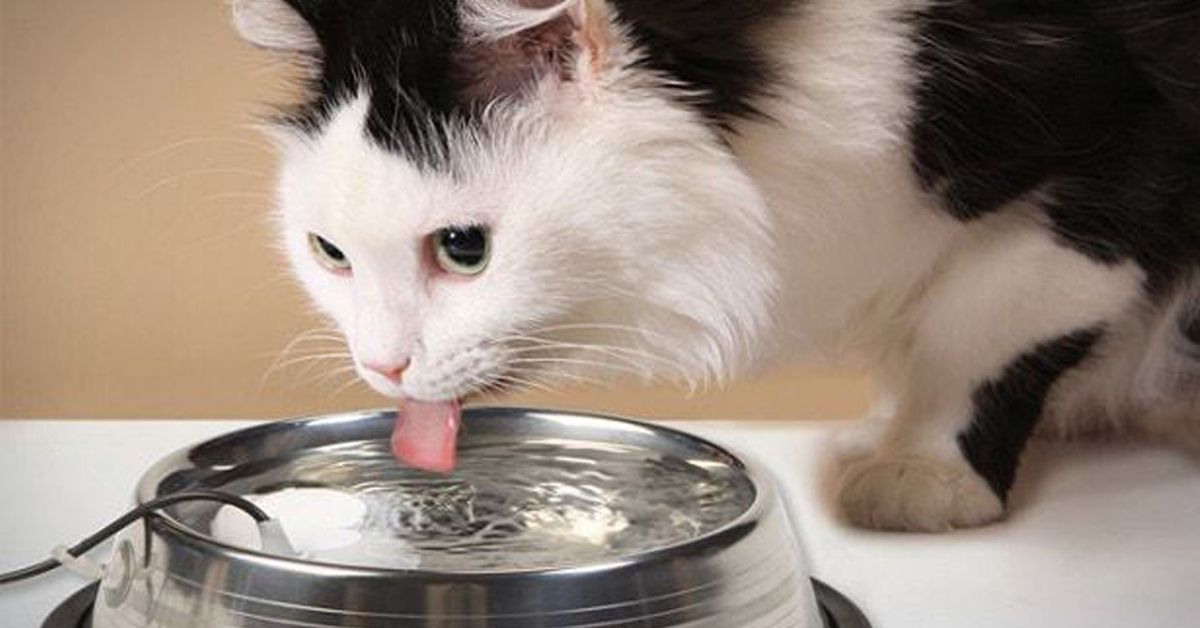
Diabetes mellitus causes elevated blood sugar levels, leading to increased thirst and urination. Chronic kidney disease impairs the kidneys’ ability to concentrate urine, resulting in more frequent drinking. Hyperthyroidism, on the other hand, speeds up metabolism, increasing water needs.
A sudden increase in your cat’s water intake (excessive thirst) can be a warning sign. Switching to dry food might cause them to drink more due to lower moisture content, but it could signal underlying health issues like kidney disease or diabetes.
These conditions often cause weight loss and changes in litter box usage. Monitor water consumption and watch for additional signs. Early detection through veterinary checkups can significantly improve your cat’s well-being.
Recognizing Other Symptoms and When to Seek Veterinary Advice
When assessing your cat’s increased water intake, it’s crucial to look for accompanying symptoms that may indicate a medical issue. Signs to watch for include:
- Significant weight loss or gain
- Decreased or increased appetite
- Lethargy or hyperactivity
- Vomiting or diarrhea
- Changes in coat condition, such as an unkempt appearance
If you observe any of these symptoms alongside increased water consumption, it’s time to consult your veterinarian. Early detection and treatment of underlying health problems can significantly improve your cat’s quality of life.
Why Is My Cat Drinking a Lot of Water and Meowing?
Many feline friends are known for being picky drinkers, but a sudden increase in water intake or excessive thirst (polydipsia) can indicate underlying health issues. While there are common reasons, like a switch from wet food to dry food (dry food contains less moisture), it’s essential to be aware of more serious medical conditions.
Increased thirst can be a symptom of kidney disease, diabetes mellitus, or liver disease. These conditions can also cause other signs like weight loss, changes in urination habits (using the litter box more or less frequently), and loss of appetite. If you notice any of these signs alongside excessive drinking, consult a licensed veterinarian for a complete blood count and other tests to diagnose the cause. Early detection and treatment can significantly improve your cat’s quality of life.
Tips for Monitoring and Managing a Cat’s Water Consumption
Monitoring your cat’s water intake can help you detect any abnormalities early on. Here are some practical tips:
- Measure the water you provide daily and track how much is consumed.
- Use multiple water bowls in different locations to encourage drinking.
- Clean water dishes regularly to ensure freshness.
- Offer wet food as part of their diet to boost hydration.
By closely monitoring your cat’s drinking habits, you can take swift action if you notice any unusual patterns.
Why Is My Cat Drinking A Lot Of Water?
If your cat is drinking more water than usual, it could be a response to various stimuli or health concerns. Increased water intake can be a natural response to environmental changes, such as moving to a new home or experiencing stress.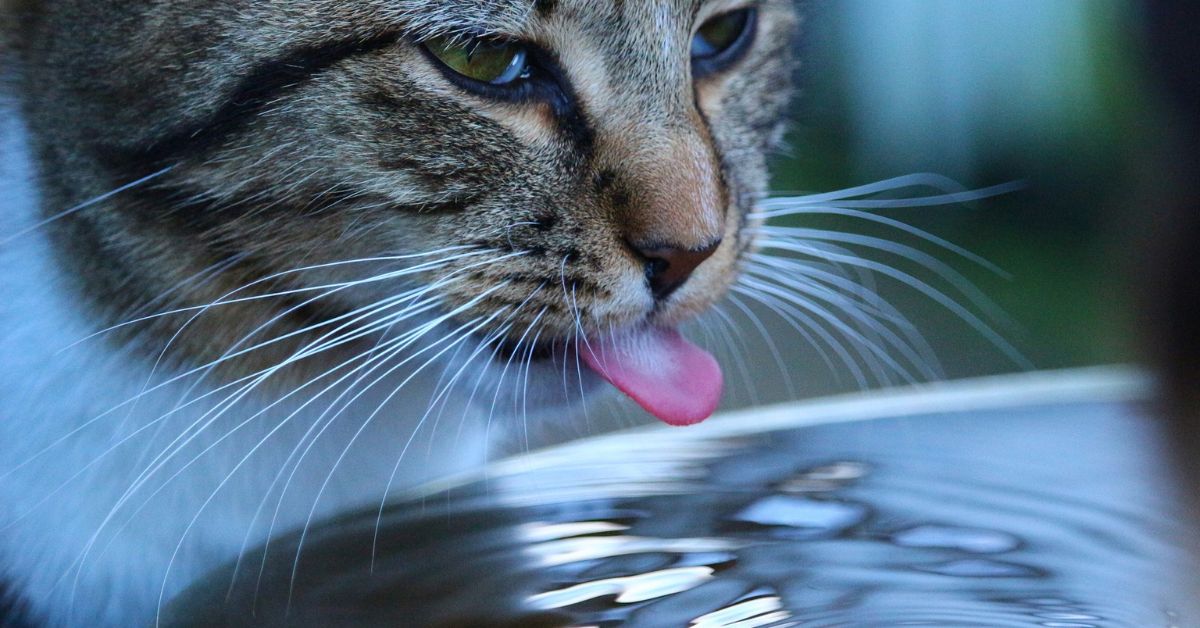
However, persistent excessive drinking often points to underlying health issues. Conditions like liver disease, diabetes insipidus, and endocrine disorders can all cause increased thirst. Identifying the root cause to provide appropriate care for your feline friend is crucial.
Conclusion
Understanding the nuances behind your cat’s drinking habits can be challenging but vital for their well-being. Increased water consumption and meowing can indicate severe health issues, making early detection and regular veterinary care essential.
Stay vigilant and informed to ensure your cat receives the best possible care. If you’re concerned about your cat’s behavior, don’t hesitate to consult a licensed veterinarian. They can provide a thorough examination, conduct necessary tests, and recommend appropriate treatment options.
For more information and personalized advice, consider contacting our team of knowledgeable veterinarians. We’re here to help you keep your feline companion happy and healthy.
FAQ
What do you do if an old cat drinks a lot of water and meows?
If a cat drinks a lot of water and meows, it is crucial to take it to the doctor for diagnosis and treatment. The veterinarian will run blood and urine tests to identify the underlying cause of the behavior and create a management and treatment plan.
Why is my cat acting strange and drinking lots of water?
Liver and kidney disease are two possible explanations for your cat’s excessive water consumption. Elderly cats frequently have kidney illness, which also causes severe weight loss, bad breath, and itchy skin.
Why is my cat drinking a lot of water and always hungry?
Hyperthyroidism, an overactive thyroid, can result in excessive thirst and hunger in cats. It also results in severe weight loss, so it is sometimes regarded as a wasting disease.
Why is my cat meowing and crying so much?
If your cat constantly meows at you, it may be bored, lonely, or wanting attention. Please speak to your cat, give it a good scratch behind the ears, or let it play with its favorite toy as an easy treatment.
Why does my cat walk around the house meowing?
There’s a good chance your cat is walking around meowing for a harmless reason. Many cats have been known to make a routine of this when they are hungry or bored. That said, if your previously quiet kitty is suddenly mewing her head off, it’s a behavior change that shouldn’t be ignored.

